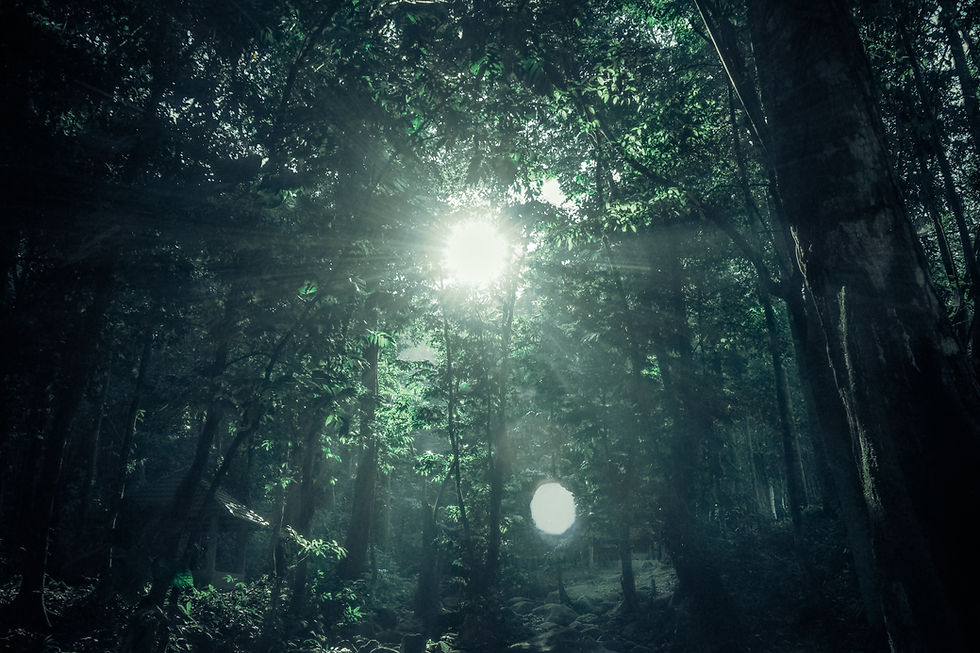World Wildlife Day 2018: Why we need to preserve big cats
- Feb 26, 2018
- 2 min read
Updated: Mar 12, 2018

A sumatran tiger pictured in Sumatra, Indonesia. Picture credit: Amiya Nanda - CC0
World Wildlife Day is the one day in the year when we are reminded of the importance of the co-existence between humans and animals.
On March 3rd 1973 the United Nations General Assembly established the Convention on International Trade in Endangered Species (CITES), to help reduce the negative impact human activities have on animals.
40 years later, on December 20th 2013 the UN declared that each year a World Wildlife Day will be marked on March 3rd. Every year since then has been dedicated to different species that are in danger of going extinct.
This year, March 3rd will go under the logo ‘Big Cats - predators under breath’. A statement on the official website for World Wildlife Day states the following:
“Today these charismatic predators are facing many and varied threats, which are mostly caused by human activities.”
The Big Cat Sanctuary is a preservation charity based in Smarden, Kent. Tanith Brown, the press officer for the sanctuary, explains that the preservation of big cats is important not only for the species themselves, but also for the restoration of our ecosystem, in which predators play such a vital role.
According to Tanith, there are numerous issues with big cats around the globe: “They are victims of loss of habitat, loss of prey, human and wildlife conflict, illegal wildlife trade, etc. There seem to be different threats depending on where there are in the world,” she says.
One of the main events for the World Wildlife day would be the International Big Cat Film Festival organised by CITES in partnership with Jackson Hole Wildlife Film Festival.
According to Dana Grant, the film competition coordinator of Jackson Hole Wildlife Film Festival, the goal of the festival is “to promote the conservation of endangered big cat species through free, educational screenings of the most compelling and informative big cats related media for audiences around the world.”
Similarly, The Big Cat Sanctuary’s aim, together with preservation, is education: “Our aim is to educate, to help even the indigenous communities to learn to coexist with the wildlife that surrounds them,” says Tanith.
For the World Wildlife Day, the sanctuary will be running an online picture competition in partnership with BIAZA (British and Irish Association of Zoos and Aquariums). You can enter by following the instructions on their website.
Pavlena Todorova







Comments